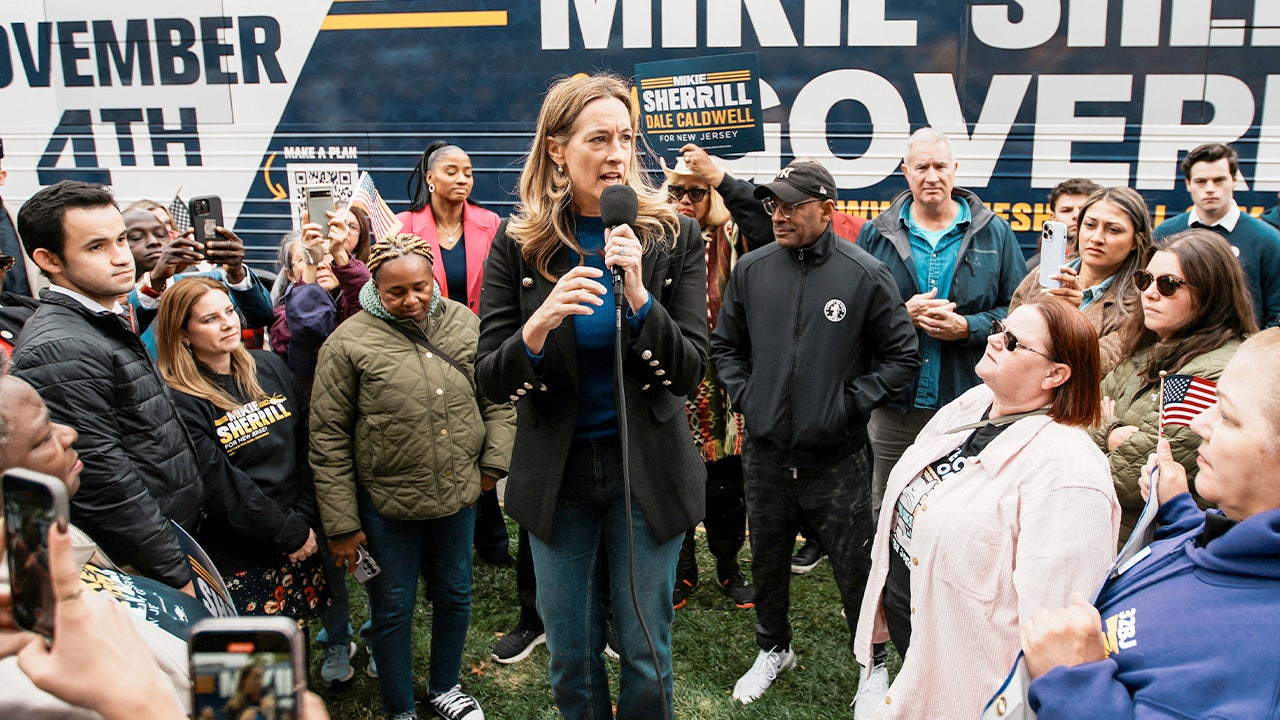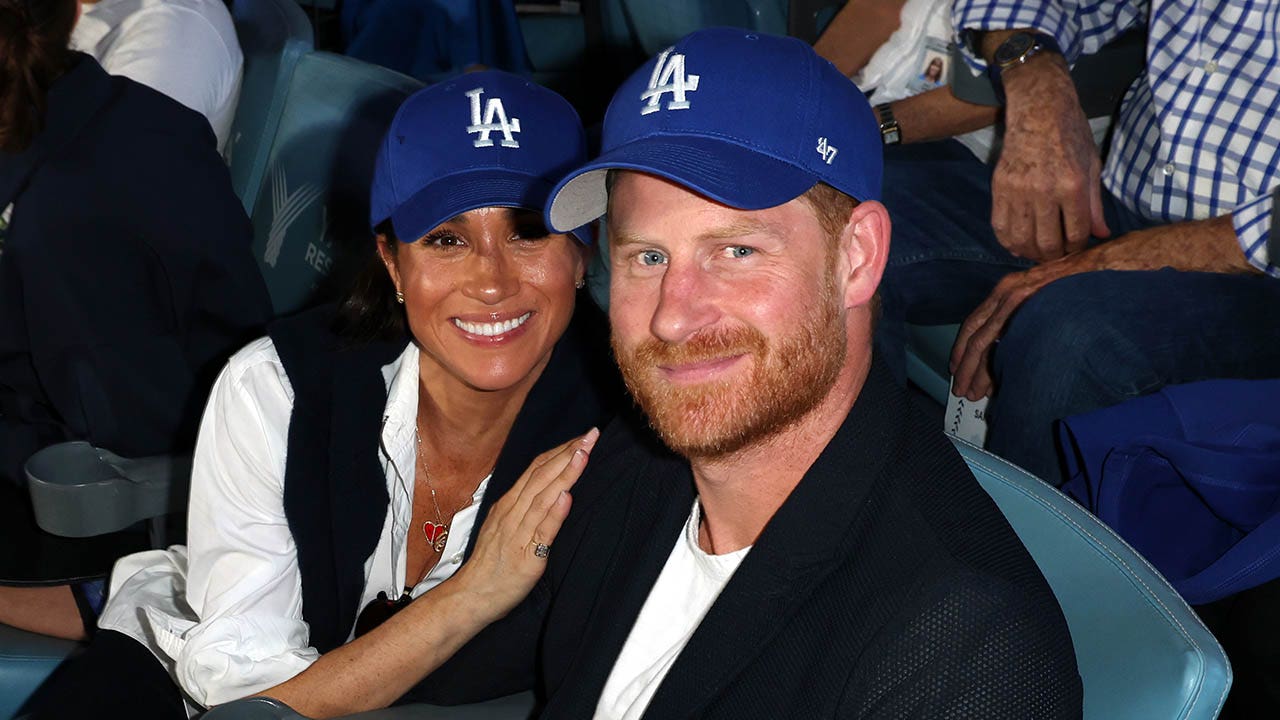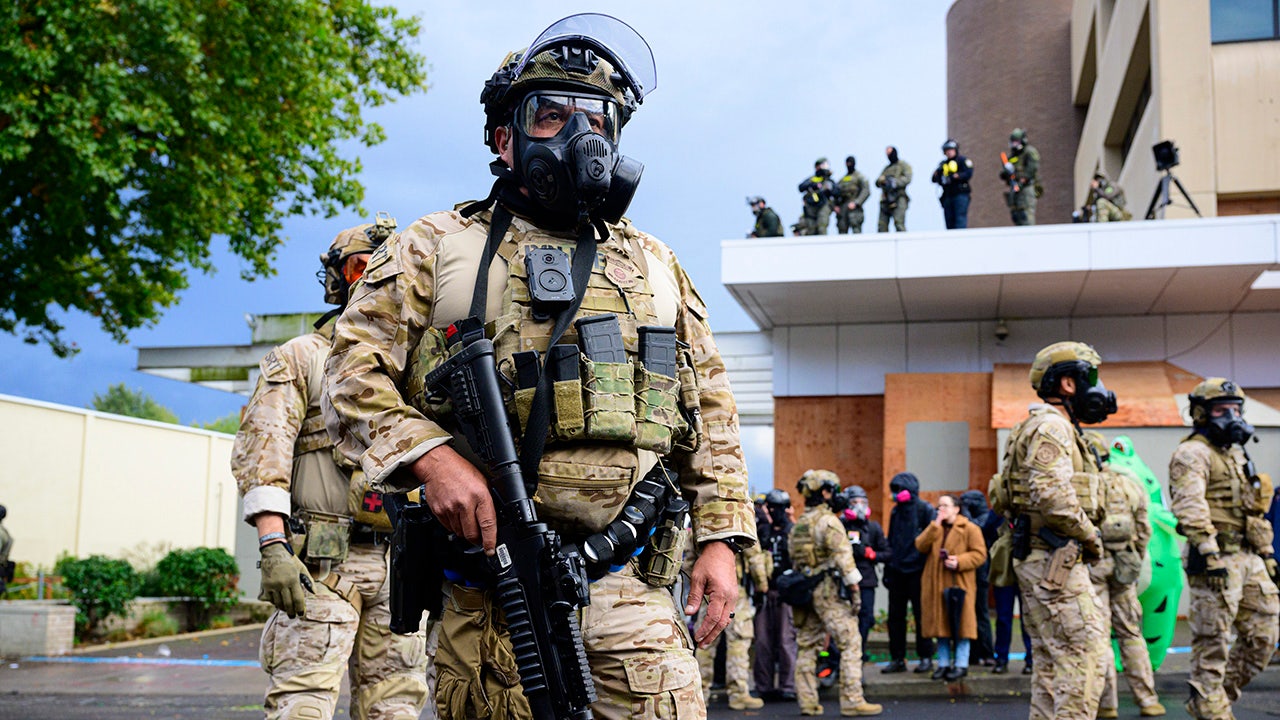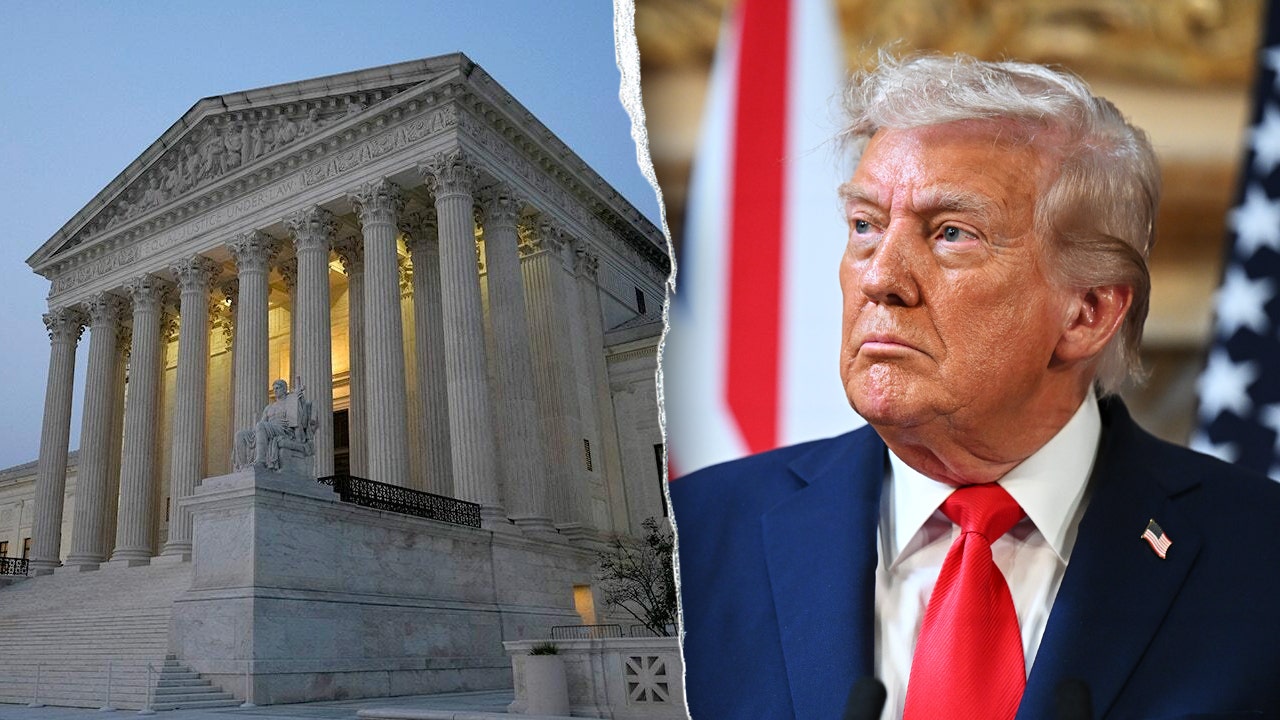Former National Security Advisor John Bolton is voicing criticism over the Trump administration’s overhaul of the United States Agency for International Development (USAID), arguing that the dismantling of longstanding foreign aid infrastructure will ultimately lead to greater costs and efforts to rebuild the system in future administrations.
Speaking during an event where he discussed U.S. foreign policy and international assistance, Bolton defended the concept of using foreign economic aid to influence global affairs.
Reflecting on his own tenure with USAID during the Reagan administration, he stated, “I speak as an alumnus of AID in the Reagan administration back when we were trying to reform it… This idea of using economic assistance to influence events in other countries is an old, old phenomenon.”
Trump’s Sovereign Wealth Fund: What Could It Mean For Your Money?
Bolton acknowledged the need for reform after “eight years of Obama and then four more years of Biden,” saying there were “plenty of things to reform in USAID.”
However, he objected to the scale of changes carried out under President Donald Trump, calling the reforms an overcorrection.
“What they did was like the briefing officer in Vietnam who said ‘we had to destroy that village in order to save it,’” Bolton said.
“You know, it’s not the most persuasive thing to do.”
This Could Be the Most Important Video Gun Owners Watch All Year
Bolton also discussed the Trump administration’s move to scale back or eliminate the U.S. Agency for Global Media, which includes Voice of America (VOA). Bolton pledged to restore those capabilities, calling them essential to advancing U.S. interests abroad.
“We’re going to build these capabilities back, I’ll guarantee, in some future administration,” he said.
“The total cost of destroying them and then building them back may well be higher than if we just tried to reform them internally.”
Voice of America, once a prominent arm of U.S. foreign outreach, faced criticism in recent years for distributing content domestically in violation of longstanding legal restrictions.
Trump administration officials cited that concern in justifying significant restructuring.
Bolton’s remarks reflect a broader policy divide within the Republican Party.
While Bolton continues to advocate for a traditional interventionist stance, newer conservative leaders have moved away from international aid spending and globalist policy initiatives.
Figures like Vice President J.D. Vance and Florida Governor Ron DeSantis, both widely considered potential contenders for the Republican nomination in 2028, have emphasized reduced foreign entanglements and refocusing U.S. priorities on domestic challenges.
In Congress, GOP lawmakers have taken an even firmer stance. Members of the Republican-controlled House have increasingly scrutinized USAID and other foreign policy institutions, arguing that they serve entrenched interests within the federal bureaucracy while failing to deliver measurable outcomes for the American taxpayer.
The political future of the U.S. foreign aid and global media apparatus may hinge on the outcome of the next election.
Bolton, lacking direct political capital within the populist-leaning Republican base, appears to be looking toward potential Democrat leadership to revive the traditional foreign policy establishment.
Vice President Kamala Harris has positioned herself in alignment with the foreign policy views of establishment Republicans such as Nikki Haley and Liz Cheney.
In September 2024, Harris released a campaign advertisement featuring several former Trump administration national security officials criticizing President Trump’s foreign policy approach.
The ad labeled Trump “a danger to our troops and our democracy,” part of a larger effort to appeal to voters who supported Haley during the GOP primary.
Harris’ effort drew comparisons to Haley’s own foreign policy-focused campaign, which received significant media attention but ultimately failed to gain traction among Republican primary voters.
Cheney, once a prominent critic of Trump within the GOP, lost her congressional seat after facing backlash over her alignment with Democratic leadership and the national security establishment.
Despite these setbacks for traditional interventionist figures within the GOP, Bolton maintained confidence that future administrations will reverse course.
“That’s part of the cost of the Trump administration,” Bolton said, referring to the reforms he opposes.
However, with current political trends and conservative skepticism of foreign entanglements on the rise, Bolton’s vision for reconstituting USAID and Voice of America may face substantial headwinds in the years ahead.
Connect with Vetted Off-Duty Cops to Instantly Fulfill Your Security Needs
The opinions expressed by contributors and/or content partners are their own and do not necessarily reflect the views of LifeZette. Contact us for guidelines on submitting your own commentary.
Read the full article here


![John Bolton Vows to Revive Deep State’s Foreign Aid Machine [WATCH] John Bolton Vows to Revive Deep State’s Foreign Aid Machine [WATCH]](https://www.rvmnews.com/wp-content/uploads/2025/01/2025.01.22-12.49-rvmnews-6790e966ab998.jpg)



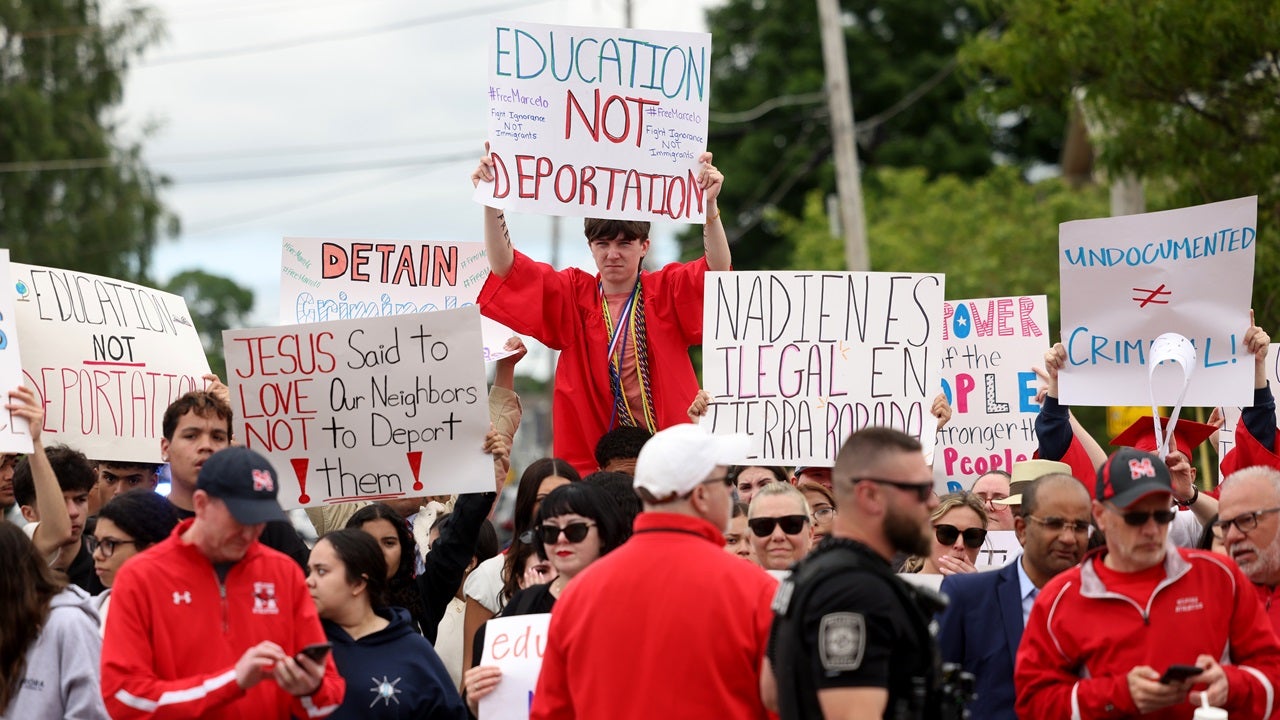
![D.C. Mayor Scrambles to Impose Curfew After Massive Teen Brawl Goes Viral [WATCH] D.C. Mayor Scrambles to Impose Curfew After Massive Teen Brawl Goes Viral [WATCH]](https://www.lifezette.com/wp-content/uploads/2025/08/2025.08.24-08.43-lifezette-68aad0abb4e9c.jpg)
